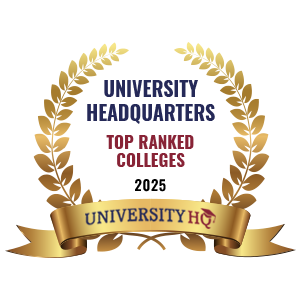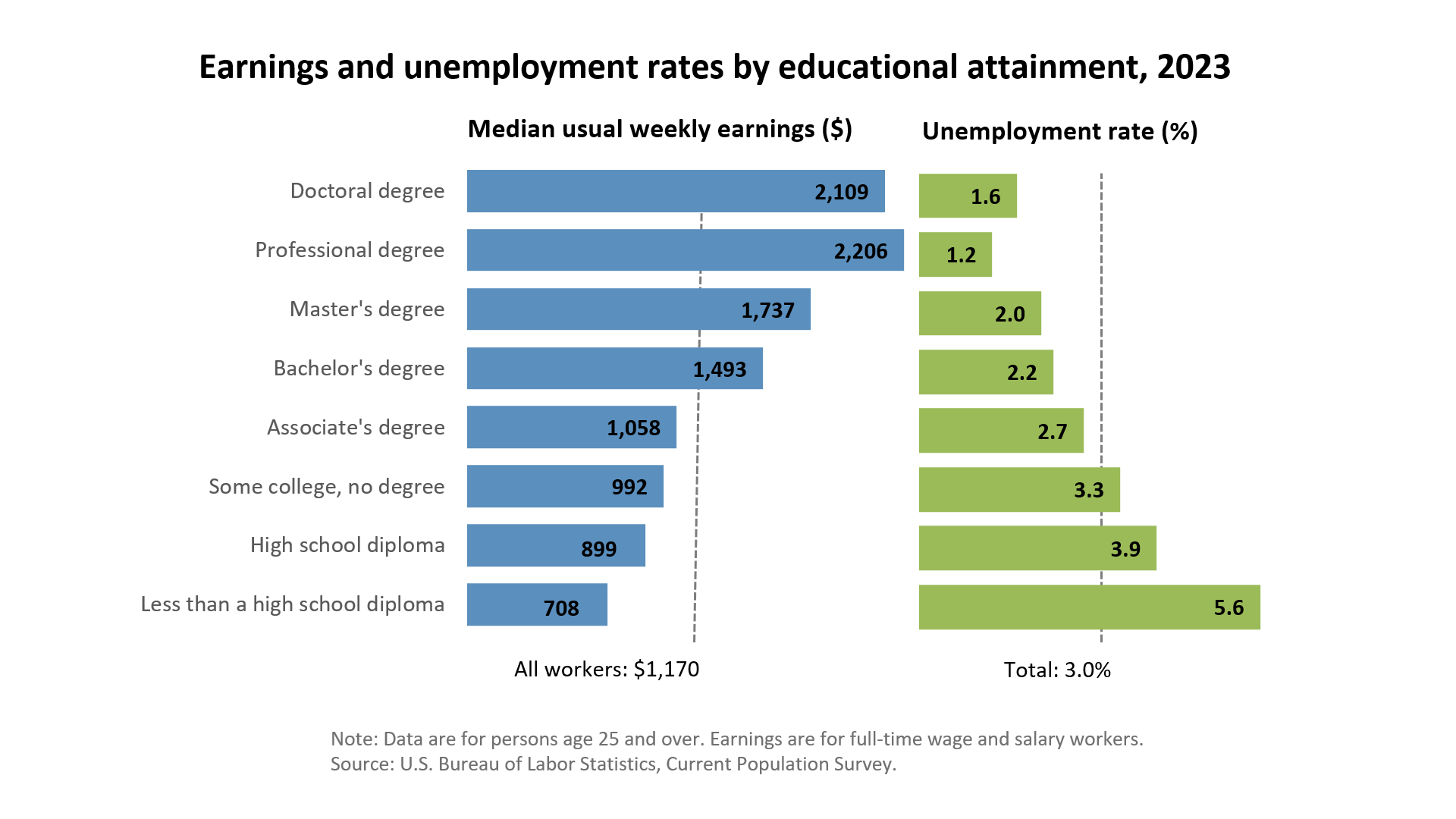Get Matched With Online Colleges
Fairmont State University (FSU) is a public institution located in Fairmont, West Virginia. Founded in 1865 as the state’s first private normal school, it originally trained teachers. Today, the university is a comprehensive, student-centered, state-supported institution that offers numerous degrees and certificates. Nestled in the hills and mountains of Appalachia, the 120-acre main campus is an ideal spot for biking, hiking, camping, rafting, climbing, and skiing.
Search All Programs
Overview of Fairmont State University (FSU)
Students enjoy numerous opportunities to become involved with campus life at Fairmont State University. With more than 60 student organizations, intermural sports, Greek life, and thriving performing arts programs, it’s difficult to become bored. The school also offers over 300 on-campus job openings.
The institution has an overall population of approximately 3,848 students, the majority of whom are pursuing undergraduate degrees. It also employs about 166 full-time faculty members and 128 part-time faculty members to provide instruction. Additionally, a limited number of graduate assistants provide instructional support to professors. This makes the student-to-faculty ratio 15:1, which ensures students have opportunities to engage with faculty one-on-one. The average class size is reasonable at 22.
General Information
| School Type | Public |
|---|---|
| Campus Setting | Town: Distant |
| Campus Housing | Yes |
| Student Faculty Ratio | 15:1 |
| Graduation Rate | 41% |
| Year Founded | 1865 |

Student Enrollment
Total Students3,803
3,563
240
Undergraduate Student
Male 1,496
Female 2,067
Graduate Student
Male 101
Female 139
Explore Map
Top Rankings For Fairmont State University
FSU Acceptance Rate and Admissions
APPLICATIONS2,712
ACCEPTANCE2,305
Acceptance Rate85%
Enrollment 784
| Admissions | |
|---|---|
| Application Fee | $25 |
| High School GPA | Required |
| High School Rank | NA |
| High School Transcripts | Required |
| College Prep Courses | Recommended |
| Recommendations | NA |
| SAT/ACT | Required |
| TOEFL (Test of English as a Foreign Language) | Required |
| Application Deadline | August 1 |
| Common Application Accepted | No |
FSU Tuition Cost & Financial Aid
Fairmont State University tuition and fees will depend on student residency status, the degree type sought, and the number of credit hours taken. For state residents enrolled in 12 or more on campus, undergraduate credit hours (full-time), the cost of attendance is $3,946 per semester. Non-residents with the same course load will pay $8,575 per semester. Additionally, students enrolled in the university’s virtual campus can expect to pay $3,940 for full-time enrollment per semester. Those interested in taking fewer than 12 credit hours will have varying rates.
Graduate programs are also more expensive, with full-time state residents enrolled in nine credit hours paying $4,406 per semester. Non-residents will pay $9,645 for the same course load each semester.
Students should also anticipate paying program fees, which range from $100 to $550 depending on the major selected. Additional expenses include housing and meals, as well as books and supplies.
Fairmont State University is dedicated to assisting students in achieving their education goals by promoting scholarships, grants, federal work study, and loans. These types of financial assistance are available to both full- and part-time students who qualify. While talent and academic merit scholarships are very competitive, all students are encouraged to submit FAFSAs. Overall, 96% of full-time beginning undergraduate students receive some form of financial aid. While many utilize scholarships, 55% still rely on student loans.
| Average net price | 2018-2019 |
|---|---|
| Net Price | $9,733 |
| Average Total Aid | $7,034 |
| Students Receiving Financial Aid | 98% |
| Room & Board | $9,730 |
Sticker Price
- Tuition In-State - $7,738
- Tuition Out-of-State - $16,814
- Books and Supplies - $1,000
- Room & Board - $9,730
- Other - $2,000
Academics
Fairmont State University offers a variety of academic programs at the undergraduate and graduate levels. It also has a general studies program, honors program, and dual enrollment program. Additionally, the school hosts an Air Force ROTC and an Army ROTC.
Students can pursue degrees in the following colleges and departments:
- College of Business & Aviation
- College of Education, Health, & Human Performance
- College of Liberal Arts
- College of Nursing
- College of Science & Technology
- Graduate Studies
- Regents Bachelor of Arts Degree Program
Students who are unsure which major to pursue are encouraged to choose Academic Pathways. These consist of academic programs that share related coursework and career paths, which allow students to explore potential areas of interest while still remaining on track to graduate on time. Options include but are not limited to business, health professions, and humanities/social sciences. Advisors are available to assist students in deciding which pathways are most appropriate.
The retention rate for first-time students pursing bachelor’s degrees was 69% for full-time students, but only 13% for part-time students in 2020. This statistic indicates that the majority of full-time students were satisfied with their experiences and chose to return for a second year, while part-time students may have been less satisfied.
Fairmont State University is accredited by the Higher Learning Commission to offer associate, bachelor’s, and master’s degrees, as well as some certificates. Additional oversight is also provided by the West Virginia Education Policy Commission. The institution also has multiple degree programs with further external accreditation in their academic fields.
These include:
- Accreditation Council for Business Schools and Programs (ACBSP)
- Accreditation Board for Engineering and Technology (ABET)
- Council for the Accreditation of Educator Preparation (CAEP)
- Accreditation Commission for Education in Nursing (ACEN)
- Commission on Collegiate Nursing Education (CCNE)
Retention
Rate
4 year
Graduation
Rate
6 year
Graduation
Rate
Student Population Total
Student Population 3,803
3,563
240
Most Popular Programs & Majors
(# of Diplomas Awarded by Subject)
| All Engineering Majors | 91 Total Graduates / 15% |
|---|---|
| Mechanical/Mechanical Engineering Technology/Technician | 29 Graduates |
| Occupational Safety and Health Technology/Technician | 20 Graduates |
| Aeronautical/Aerospace Engineering Technology/Technician | 14 Graduates |
| Civil Engineering Technologies/Technicians | 13 Graduates |
| All Business Majors | 82 Total Graduates / 13% |
| Business Administration and Management, General | 76 Graduates |
| Accounting | 6 Graduates |
| Health Professions and Related Programs | 69 Total Graduates / 11% |
| Registered Nursing/Registered Nurse | 55 Graduates |
| Health/Health Care Administration/Management | 12 Graduates |
| Public Health Education and Promotion | 2 Graduates |
| Homeland Security, Law Enforcement, Firefighting and Related Protective Services | 55 Total Graduates / 9% |
| Criminal Justice/Safety Studies | 53 Graduates |
| Forensic Science and Technology | 2 Graduates |
| All Social Science Majors | 48 Total Graduates / 8% |
| National Security Policy Studies | 30 Graduates |
| Political Science and Government, General | 15 Graduates |
| Sociology, General | 3 Graduates |
| All Other Diplomas | 43% |
Outcome & Salary
Graduation rates for students who began their studies in fall 2014 were 35%, with 31% of students transferring out. Notably, only 61% of entering students were counted in this category. While 36% of enrollees received their degrees within six years, only 25% were able to achieve graduation within the typical four-year time period.
According to data obtained by Fairmont State University, almost 90% of students are employed within one year of graduation. Additionally, 18% of graduates go on to enroll in master’s programs. Some areas of study, such as nursing and physical therapy assistant, even have 100% job placement.
| Graduates Salary | |
|---|---|
| College Grads Early Career Salary | $42,000 |
| College Grads Average Salary | $58,343 |
| College Grads Mid Career Salary | $61,600 |
| Return on Investment (ROI) | |
|---|---|
| 10 Year Salary Earnings Potential | $583,430 |
| 20 Year Salary Earnings Potential | $1,199,430 |
| Cost of Education (Net Price) 4 Year | $38,932 |
| 10 Year Projected ROI | $544,498 |
| 20 Year Projected ROI | $1,160,498 |
| No College Education Salary Comparison | |
|---|---|
| National Average Salary | $38,792 |
| 10 Year Projected Income | $387,920 |
| 20 Year Projected Income | $775,840 |

Photos & Videos
sources:
Related Top College Resources














